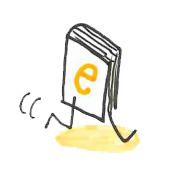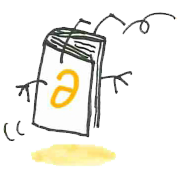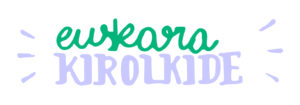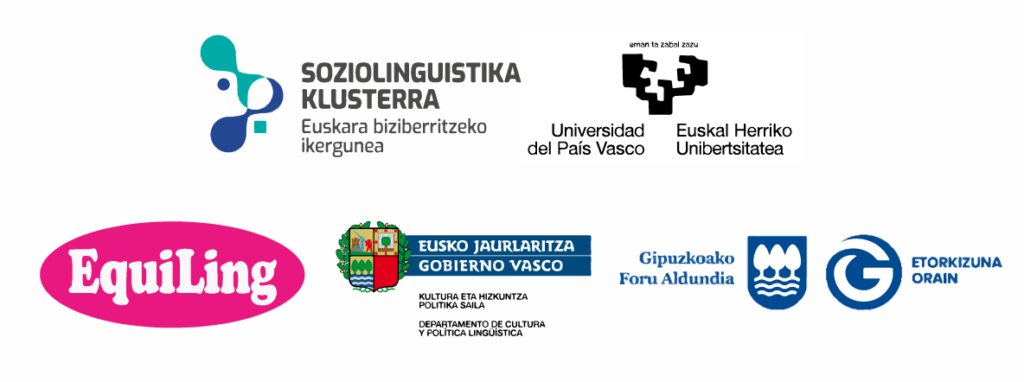It is important to know where and how things are done. Research and intervention converged in the Euskara Kirolkide project, and right from the start attention was paid to how to guide both lines of work.
In the opinion of J.-K. Gibson-Graham (2008, 618), if we want to drive social change, we need to change as researchers and academics and, among other things, we need to generate new relations with theory.
To this end, the research and the design of the intervention were undertaken together, seeking a connection and coherence between the two areas. In doing this, we took different experiences as a model. Firstly, one concerning mobility, guided by social anthropologists from the Universitat Rovira i Virgili (Tarragona, Spain). And secondly, an experiment revolving around energy use, run by a group of anthropologists, designers and engineers.
Mobility and everyday life in Catalonia. Ethno-Geography of metropolitan spaces and times (MOVI-CO), on mobility.
Energy & Digital Living, on the use of energy.
In both cases, the way the projects were executed and presented seemed exemplary to us, and we have tried to incorporate and apply this way of working, always taking into account our context, aims and resources.
On the basis of these models, we established three premises or guidelines.
Ambulatory knowing
To respond to the changes taking place in the world and in Basque society, we feel it is necessary to construct a mentality in movement: ambulatory knowing. As Tim Ingold explains, ambulatory knowing can spot the imprint or traces left by context more easily, helping to acquire more profound knowledge (Ingold 2010, 134):
“The difference lies not in how much we know, but in how well we know it.”
In our opinion, we must bear in mind that the theories or knowledge we generate are entirely conditioned by the road we have travelled to get where we are. This is what gives them meaning and character. Ambulatory knowing and thinking are also a conscious decision. We would like to see ourselves as ambulatory researchers, from a theoretical, conceptual, methodological and emotional point of view. Knowledge is movement, points out Tim Ingold (ibid.).

In this respect, we consider flexibility and creativity to be of key importance, i.e. we must act according to the moment and the situation. Moreover, we considered it essential to adapt the interests of the researchers to both the teams an the research subjects: being part of the context and sharing the process and the product are two of the pillars of the Euskara Kirolkide project.
To understand Tim Ingold’s proposition better, here is an interesting text on the subject.
Sensory ethnography
Connecting with the protagonists and being part of the situation. This has been the vocation of Euskara Kirolkide from the start. We wanted to experience the ups and downs of a season, the weekend games and regular training sessions. To do this we took as a basis sensory ethnography (Pink et al., 2019), in which classical techniques (observation and dialogue) coexist with the latest work tools. The aim was to focus on the senses, to place the researchers in context, to relate to this context and build knowledge from there (Estalella 2020).

We also wanted to record and show the information gathered in a different way. To do this we opted to use audiovisual media, and created this website. In this way, as well as disseminating the conclusions of the project in a different way, we wanted to try out a different, more dynamic, research practice that goes straight to the (sports) person concerned. The web allows the use of a range of resources to show the results in the most comprehensive way possible and reach the widest audience possible. We wanted to share the information obtained through ethnography, with the aim that the people consulting the website could also be part of this knowledge.
Here is an interesting text on sensory anthropology and, in general, on the relationship between senses and culture.
Transformational knowledge
Any research is essentially social in nature (Bucholtz et al. 2016, 27). It needed to be done, in a subjective, versatile and flexible way, trapped in a web of relations of different kinds. We therefore felt it important to reflect on our attitude as researchers and agents, and take decisions on this.
This research work is inspired by critical sociolinguistics, and its goal is to gain transformational knowledge: it aims to have an impact on its context (even if at a reflective level) and drive change. It sets out to construct transformational knowledge, to change both knowledge and researchers themselves. In this approach, we were greatly helped by the questions posed for the performative ontology project by J.-K. Gibson-Graham (2008, 615):
“How can our work affect the appearance of new opportunities? What kind of world do we want to build? What could be the effect of theorising in one way or another?”
What we do and construct as researchers is not a world apart, but forms part of this one. We feel it is essential to understand this.


